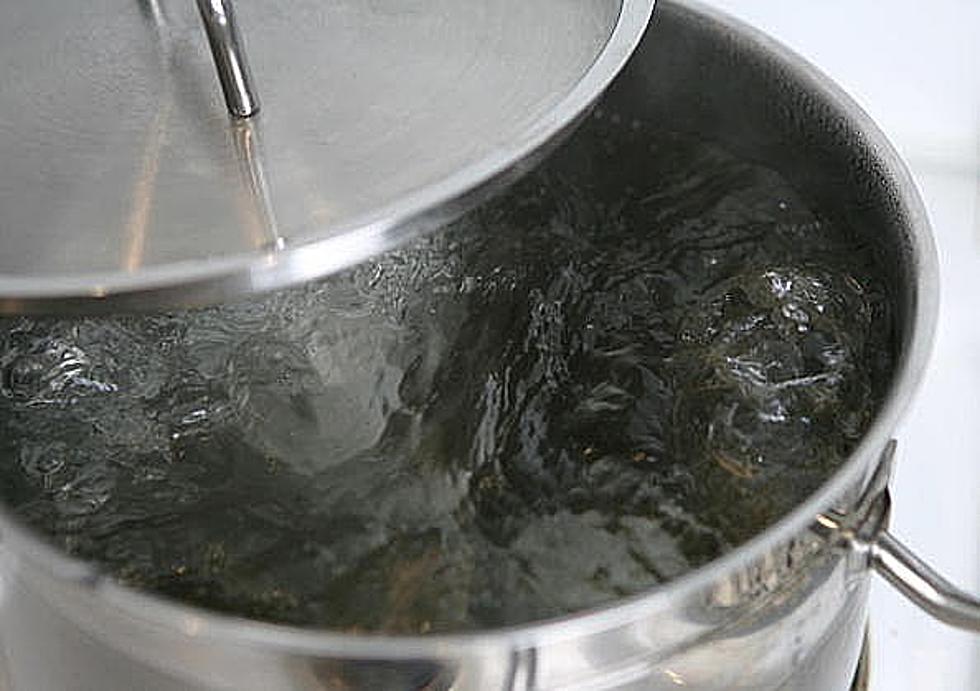
Highway to Hell: It’s So Hot in Texas, The Roads Are Melting
I know you've heard them all before: It's so hot, the fire crackers are lighting themselves. It's so hot, they installed a fan in the debt ceiling. It's so hot, the roads are melting. That last sentence wasn't a joke, by the way.

TxDOT in Lufkin has confirmed that part of the roadway in Crockett, Texas is 'bleeding', and that is just as bad as it sounds. When the heat gets too excessive, melting, or 'bleeding' asphalt can happen, according to the Texas A & M Transportation Institute (TTI).
Is 'Bleeding' Asphalt Dangerous?
The road didn’t close, but slowed traffic in the area as temperatures were around 100 degrees across Texas on Monday.
Bleeding or flushing occurs when excess asphalt binder is pushed to the pavement surface, covering the aggregate. What you will see is a black and frequently sticky surface, which can lead to a loss of skid resistance.
-Texas Transportation Institute Research Engineer Cindy Estakhri
How They Stop Bleeding Asphalt
Workers applied lime water to restore the surface, and the road in question is now clear and open for travel. However, officials say that they will monitor the condition of the streets, and if heat in the area gets excessive, they will water the surface again to cool it down. TxDOT has also tried water blasting in Grimes County to remove excess asphalt and improve friction on the pavement.
Will Heat Melt My Asphalt Driveway?
Remember that you should never walk barefoot on an asphalt driveway when it's hot outside because you could burn the bottom of your feet and require medical attention. If you want to prevent damage on your asphalt driveway when it gets super hot, it never hurts to put some water on the surface to cool it off and prevent the driveway from getting too soft, according to drivewayguide.com.
Chill Out This Summer at the 6 Best Swimming Holes in Texas
Hook ‘Em! 7 Celebrity Graduates From University of Texas at Austin
The Top 10 Worst Places to Live in Texas
More From KSSM-FM









